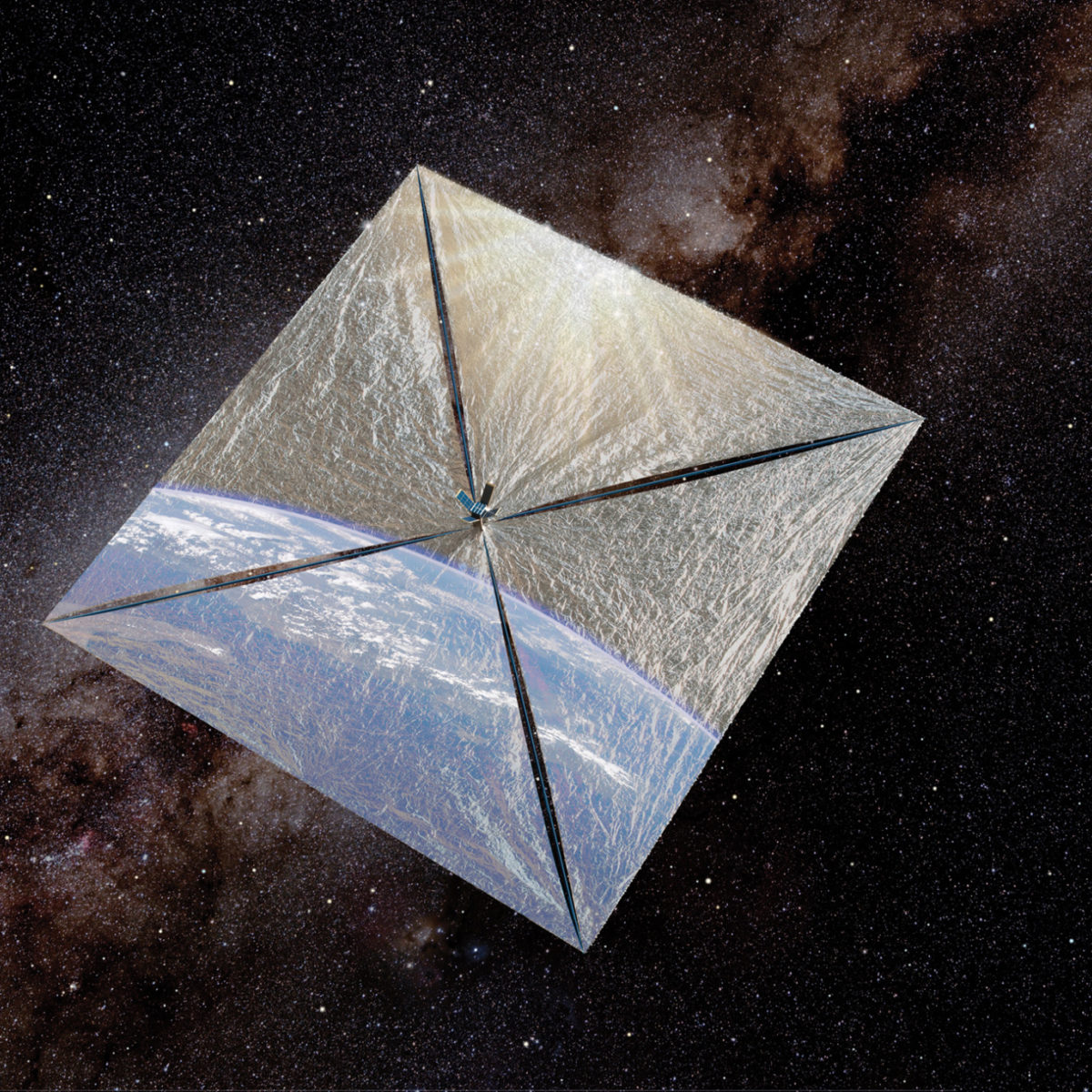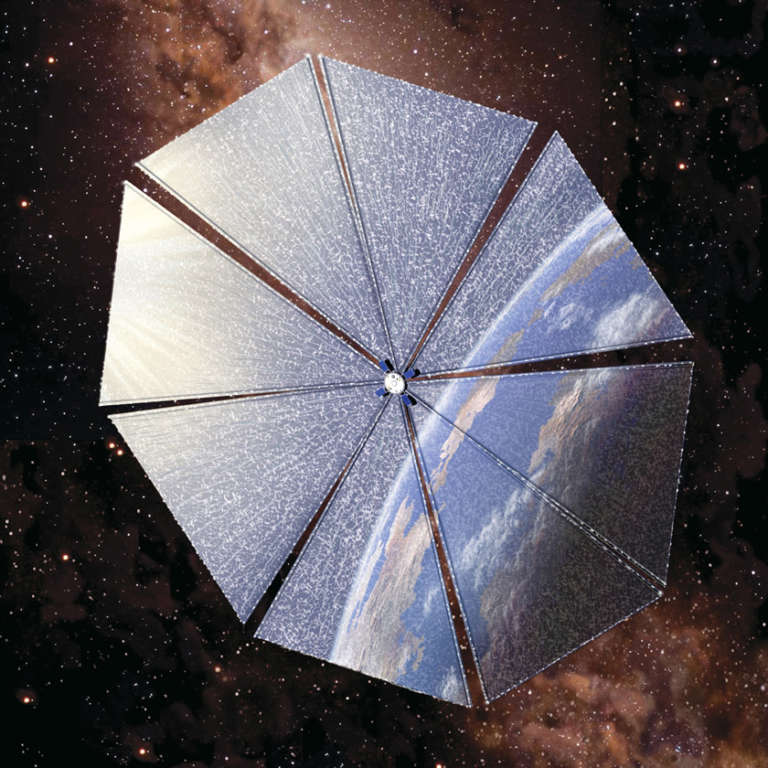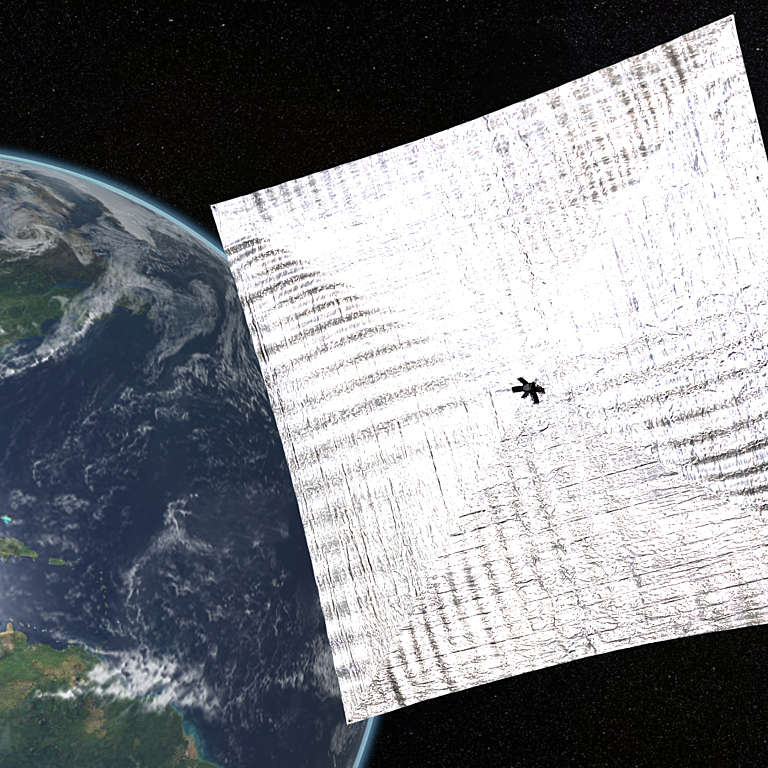All
All
Stories, updates, insights, and original analysis from The Planetary Society.
The 2005 Gene Shoemaker NEO Grant Recipients
In 2005, The Planetary Society awarded $32,500 as part of its Gene Shoemaker Near Earth Object (NEO) Grant Program. The grants were made to a group of international researchers to find, track, and characterize potentially hazardous NEOs.
A Deep Impact update
We haven't forgotten about Deep Impact, but there's still no word on the crater size.
Volna Failure Review Board Reports on Loss of Cosmos 1
The Volna Failure Review Board convened by the Makeev Rocket Design Bureau, manufacturers of the Volna launch vehicle, has made its final report to the Russian space agency, Roskosmos, concerning the attempted June 21 launch of our Cosmos 1 spacecraft.
Analyzing Signals in Real Time
Candidate signals sent in by users around the world will be quickly analyzed and compared to existing signals.
The Mystery of Cosmos 1
I know I've probably disappointed a few people by not having had anything much to say about Cosmos 1 for a while. It's because, well, we haven't had anything much to say.
The Planetary Society Asks "Where is Cosmos 1?" Received Signals May Have Come from Solar Sail Spacecraft in Orbit
The Planetary Society continues to investigate the mystery of what happened to its Cosmos 1 spacecraft - a joint project with Cosmos Studios - that launched last week on a Russian Volna rocket.
A new adventure
Announcing The Planetary Society's Weblog.
The Story of Cosmos 1 is Not Over: A Personal Report
The word failure is sticking in my craw. Certainly, we failed to achieve the objective of Cosmos 1: we did not achieve solar-sail flight. But I don’t think, with all we have done, that I can call Cosmos 1 a failure.
Piecing the Data Together
We’ve had a very exciting day here in Moscow. Bud Schurmeier and I met with Konstantin Pichkhadze, head of the Lavochkin Association, which built our spacecraft, Cosmos 1.
"We have a live spacecraft..."
...we think.
Final Words Before Launch
Speaking by phone to a roomful of journalists in Pasadena less than 2 hours before the expected launch, project director Louis Friedman reiterated his confidence in the entire Cosmos 1 team.
The Launch of Cosmos 1: Live Reports
In the past twenty-four hours, the Russian space agency (RKA) has made a tentative conclusion that the Volna rocket carrying Cosmos 1 failed during the firing of the first stage. This would mean that Cosmos 1 is lost.
Cosmos 1 Solar Sail will Carry CD into Orbit
When Cosmos 1, the first solar sail spacecraft, launches on June 21, 2005, it will carry into Earth orbit a CD containing the names of over 75,000 members of The Planetary Society and the Japan Planetary Society, along with the works of early visionaries who inspired solar sailing.
Cosmos 1: Another rehearsal...
Rehearsals don't always go so well, which is the whole point of rehearsals. That was true both for us and for the Russians today, in separate simulations of mission operations.
The buzz begins!
Yesterday, we sent out an invitation to print, TV, and Web media for the launch event we'll be holding at our Pasadena headquarters on Tuesday. So today, the buzz really began about our mission, and the phones are beginning to ring off the hook.
Cosmos 1 "Mated" to Volna Rocket in Preparation for Tuesday Launch
The world’s first solar sail spacecraft, Cosmos 1, is now mated to its Volna launch vehicle and ready for its ride into space.
"Our works with the spacecraft are finished successfully."
Here at Cosmos 1 Project Operations Pasadena -- or POP -- we are scrambling to get our mission operations plans and procedures ready for our launch, just 11 days from now.
Worldwide Network to Track Cosmos 1
From Moscow to the Marshall Islands and California to the Czech Republic, tracking stations around the world will receive data from Cosmos 1, the world's first solar sail spacecraft after it launches on June 21, 2005.
Launching Cosmos 1 on a Soviet ICBM
The biggest reason that NASA—as well as other western space agencies—has not attempted a solar sail flight is that the cost of launching even a small spacecraft is so high that they are unwilling to carry out a mission with very modest goals.
Astronomers Revise Torino Scale Asteroid Advisory System
Astronomers have revised the Torino scale, the color-coded advisory system to assess the threat of asteroids and other near-Earth objects (NEOs) to make it easier for the public to understand.


 Explore Worlds
Explore Worlds Find Life
Find Life Defend Earth
Defend Earth


 Sun
Sun Mercury
Mercury Venus
Venus Earth
Earth Mars
Mars Jupiter
Jupiter Saturn
Saturn Uranus
Uranus Neptune
Neptune Small Bodies
Small Bodies




